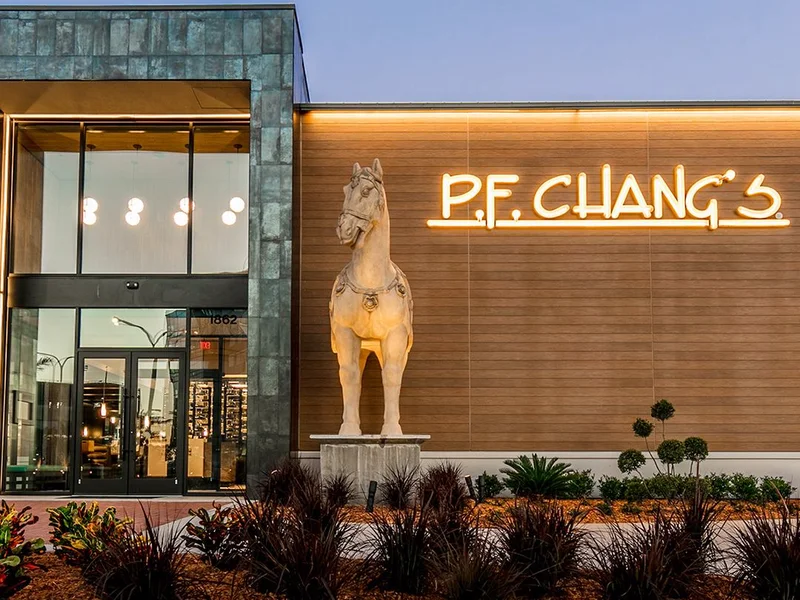BNB Signals | Binance Coin Trading Alerts & Insights
BNB Signals | Binance Coin Trading Alerts & Insights
We stand at a precipice, don't we? A moment in time where the very air around us crackles with the unspoken promise of what's next. So often, when we talk about technology, the conversation veers into algorithms, data points, or the latest gadget with a shiny new screen. But I want us to pause, to look beyond the screen, beyond the silicon, and truly imagine what this relentless march of innovation means for the most important element in the equation: us. For me, the real revolution isn't about faster processors or bigger networks; it's about how technology is poised to unlock a deeper, more profound sense of what it means to be human. This isn't just about making life easier; it's about making us more.
We’re not just building tools; we’re building extensions of our very being, a future where our innate human capacities—our creativity, our empathy, our ability to connect—are amplified to levels we’ve only dreamed of. Think about it: every major technological leap, from the printing press to the internet, has fundamentally reshaped how we learn, how we share, how we understand ourselves and each other, and this next wave is no different, perhaps even more transformative, because it’s moving at a speed that is just staggering—it means the gap between today and tomorrow is closing faster than we can even comprehend, pulling us into a new reality before we've fully processed the last one.
When I first started seeing the early prototypes of truly intuitive, adaptive interfaces, I honestly just sat back in my chair, speechless. It wasn't the tech itself that floored me, but the implication. This isn't just about interacting with a device; it's about technology becoming so seamless, so natural, that it fades into the background, leaving only the enhanced human experience. Imagine a world where language barriers simply melt away in real-time conversations, not through clumsy translation apps, but through systems so integrated they feel like an extension of your own mind. It’s like moving from a clunky dial-up modem to the vast, instantaneous broadband of human understanding. We’re talking about a paradigm shift where technology isn't a barrier between us and the world, but a transparent lens that brings it all into sharper, more vibrant focus. How will our art evolve when our imaginations are no longer constrained by physical limitations? What new forms of collaboration will emerge when distance becomes utterly irrelevant to shared creation?

The narrative often leans towards technology isolating us, pulling us into digital silos. But I see the opposite unfolding. We're on the cusp of a profound re-humanization, where our digital tools become conduits for deeper, more authentic connections. Take, for instance, the burgeoning fields of neuro-interfacing or advanced haptics. These aren’t just sci-fi dreams; they’re rapidly becoming reality. Imagine being able to share a sensation, a feeling, or even a nuanced thought with someone across the globe, not just through words, but through an experience so visceral it’s almost like you’re there with them. This uses incredibly complex neural networks and sensory feedback loops—in simpler terms, it means our devices are learning to speak the language of human experience, not just binary code.
This isn't just about convenience; it's about cultivating empathy on a global scale. Just as the invention of the telephone allowed us to bridge physical distance with voice, and video calls added sight, the next wave will allow us to bridge emotional and experiential distance. We're talking about a future where we can truly "walk a mile in someone else's shoes," not metaphorically, but experientially. Of course, with such profound power comes immense responsibility. We must build these systems with ethics at their core, ensuring they enhance human agency and connection, rather than diminish it. We must ask ourselves, constantly, how do we ensure this revolution serves all of humanity, and not just a privileged few? The chatter I see online, the passionate discussions in forums and comment sections, show me that people like you are asking these very questions, dreaming of a future that’s not just smart, but genuinely wise. It’s that collective hope, that shared vision for a better tomorrow, that truly fuels my optimism.
The future isn't just arriving; we're building it, piece by magnificent piece, and its true genius lies not in what it is, but in what it empowers us to become – more connected, more creative, more profoundly human than ever before.